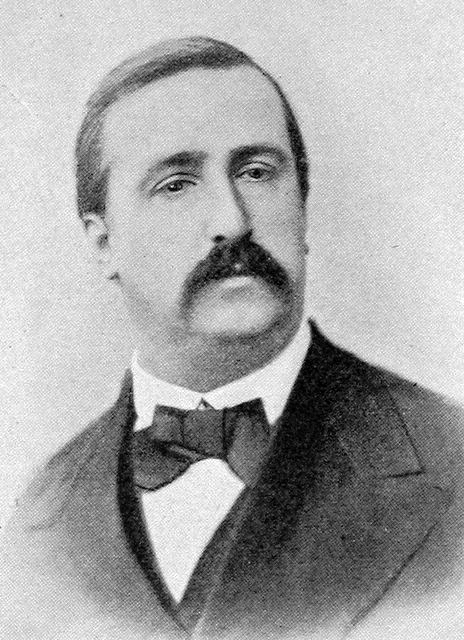AUGUST 13, 2020 – Yesterday I left the Red Cabin late. I had a dental appointment back in Minneapolis, three hours away, and was cutting it close. A client’s early morning curveball had detained me. I’d need to follow up immediately after my teeth were cleaned.
With ignition, the radio yanked me into the middle of the first movement of Alexander Borodin’s String Quartet no. 2 in D major.
As I proceeded down the narrow drive, I remembered . . . had I forgotten to load my laptop? Rather than stop right then, however, I decided to get first to the end of the drive. I unfastened my seatbelt on the go.
This action produced a grating cacophony: CLANG—Borodin quartet—CLANG—Borodin quartet—CLANG. Normally, this would’ve irritated me. I would’ve stopped and re-fastened the seatbelt (or, less likely, turned off the music) to stop the assault.
Instead, I imagined a screenplay about humankind’s alienation from itself; all that is right with our world (symbolized by Borodin) clashing violently with all that is wrong (“CLANG!”). I envisioned a modern remake of a Bergman film with a soundtrack of CLANG-Borodin quartet-CLANG.
After confirming the laptop was aboard—and having cut “CLANG!”—I turned onto the road that rolls and winds through the woodlands and past small, quiet lakes with long-forgotten names. The Borodin quartet soared above the scenery, and I pictured myself flying effortlessly in an open-cockpit “aeroplane” over a landscape at peace with itself.
Borodin. I knew something about him thanks to his treatment in Land of the Firebird – The Beauty of Old Russia by Suzanne Massie, wife of the late Robert Massie, famous biographer of Catherine the Great and Czar Nicholas and his wife, Alexandra. I’d been so captivated by Land of the Firebird, I’d read it twice. Among the many other treasures of “Old Russia” was the music of Alexander Borodin.
Born in St. Petersburg in 1833, he was the son of a Georgian nobleman and young Russian woman, who was married to . . . someone other than the Georgian codger. By the social dictates of the day, the future composer was registered as the son of one of his father’s serfs, named “Borodin.” Notwithstanding these circumstances, the “noble man,” later “freed” the young boy and made sure he was afforded a good education and material comforts—extended as well to the mother, who was called “aunt.”
Borodin became a notable physician and scientist, contributing to significant discoveries in organic chemistry. In 1885, two years before his death, he founded in St. Petersburg, a medical school for women.
Music was merely his avocation.
But a mighty avocation it was! So much so, Borodin became one of “The Mighty Handful”—five Russian composers known for their achievements in music more original to Russia than were the works of many other Russian-born composers.
To lift your spirits and soar above all that’s wrong with the world, listen to what I heard yesterday. For a time, anyway, you’ll find that “all’s right with the world.”
(Remember to subscribe to this blog and receive notifications of new posts by email.)
© 2020 by Eric Nilsson
